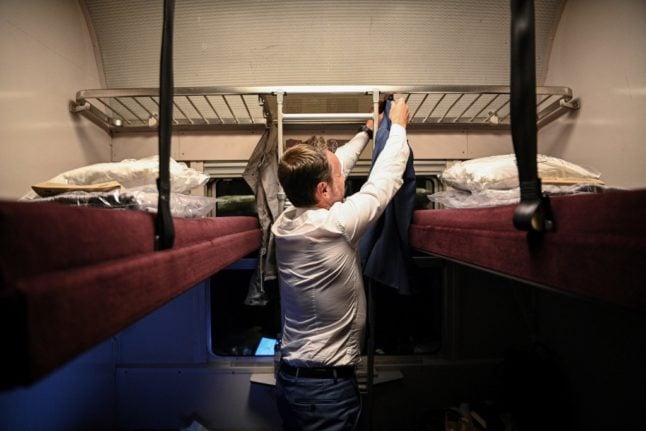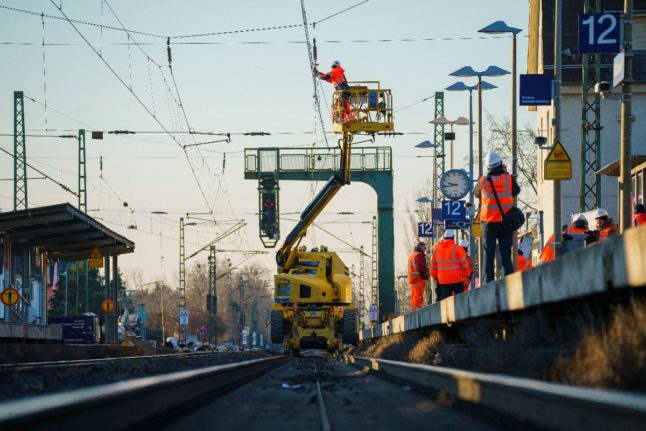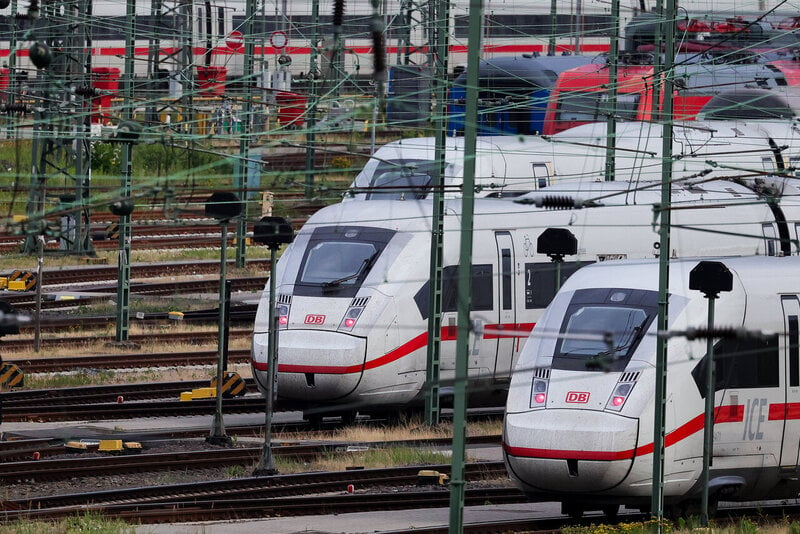The private European Sleeper – launched last year to great fanfare – has expanded.
Originally connecting Berlin to both Amsterdam and Brussels – with stops in places like Antwerp and Rotterdam – the three-times weekly night train now connects four European capitals.
The night train has now expanded to service both Dresden – the picturesque capital of the eastern German federal state of Saxony – and the Czech capital of Prague.
The company made its maiden voyage from Prague earlier this week, with its inaugural return voyage from Brussels through Amsterdam, Berlin, and Dresden on Thursday.
The company says it eventually wants to offer a daily service – as well as create a second route connecting Amsterdam and Brussels by night train to Barcelona in Spain. Theoretically, this would mean Berlin and Dresden passengers could travel all the way to Barcelona by night train with one change in either Amsterdam or Brussels.
This expansion though, isn’t likely until 2025 or 2026.
EXPLAINED: How travelling by train between Berlin and the UK is now easier




 Please whitelist us to continue reading.
Please whitelist us to continue reading.
Member comments